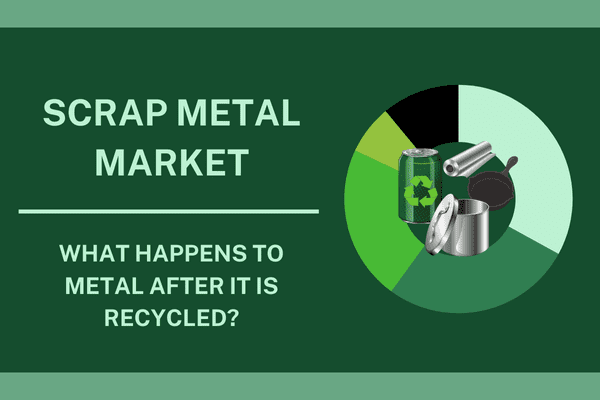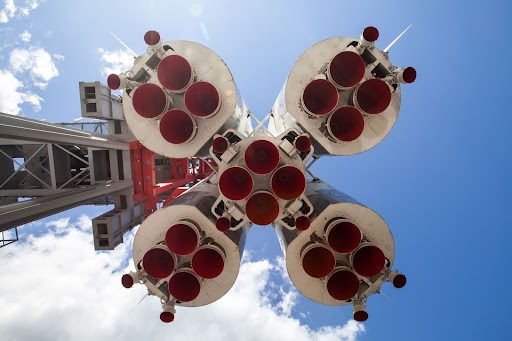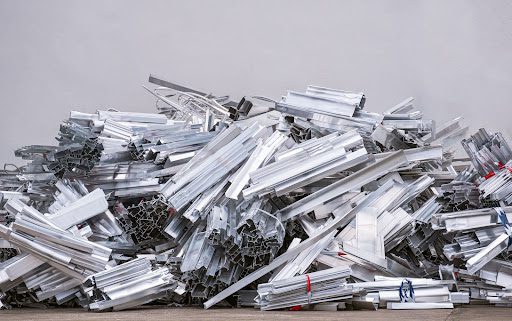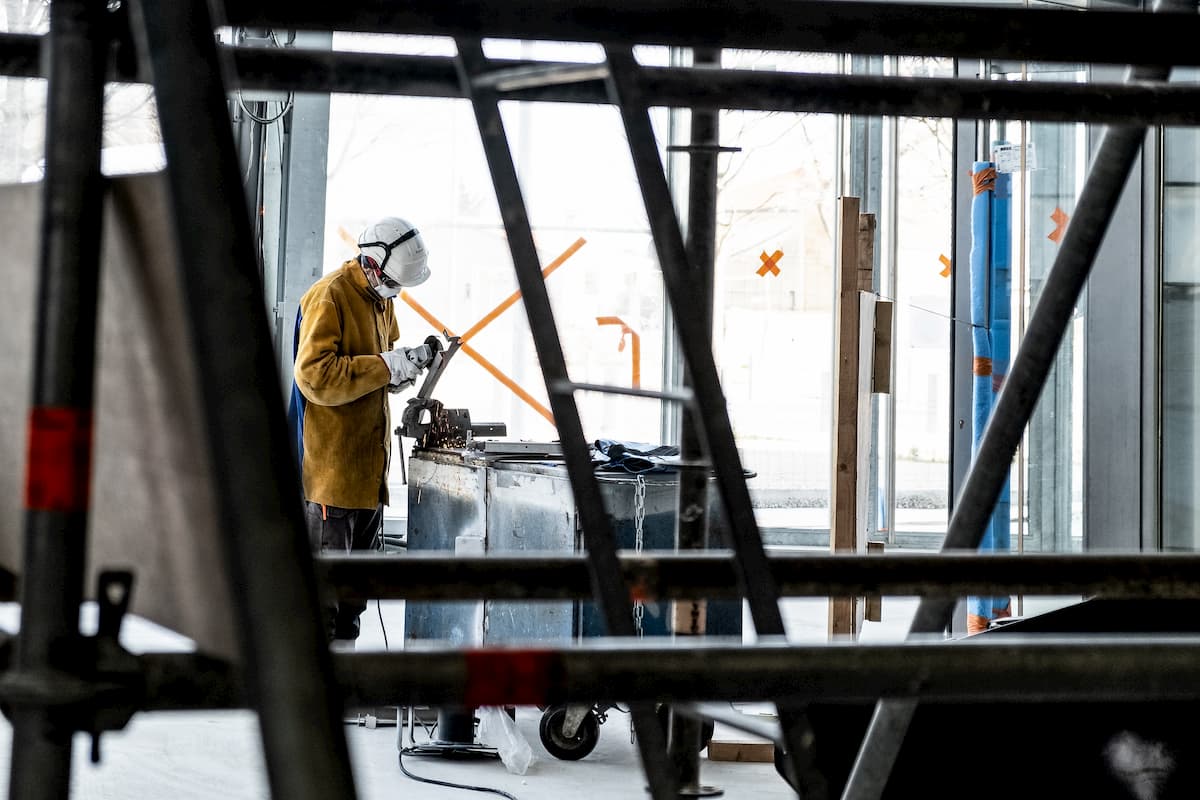
Photo by Adrian Deweerdt on Unsplash
Industrial recycling isn’t top of mind for most manufacturers. However, this type of recycling has a number of benefits that affect the company’s operations as well as its corporate reputation.
Read on to learn about the top four ways industrial recycling can transform your manufacturing plant, and the steps you can take to put a program in place.
What Is Industrial Recycling?
Industrial recycling is a subcategory of recycling. It involves recycling the waste that’s generated from industrial activities (including manufacturing).
In manufacturing, there can be quite a bit of metal waste. This recycling ensures that this metal doesn’t go to a dump; rather, it can be turned into another product.
How Does Industrial Recycling Work?
Here’s how it works: an industrial recycling company comes to your manufacturing plant and gathers the metal you’ve set aside. That metal is then sorted by type (ferrous, meaning it contains iron, and non-ferrous, meaning it doesn’t contain iron).
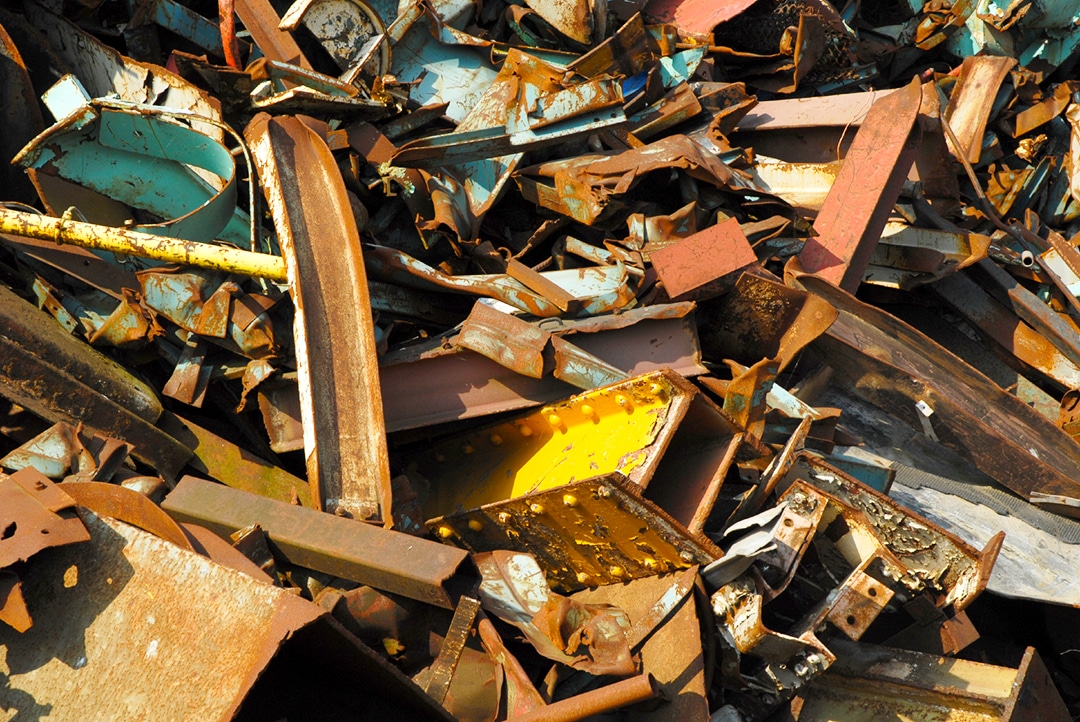
After sorting, industrial recyclers shred the metal. Then, they melt it, and if necessary, purify it through processes such as electrolysis. Finally, the metal cools and solidifies into bars, ready to be transported to serve in its new role.
4 Ways Industrial Recycling Transforms Manufacturing Plants
Here are the four ways it transforms manufacturing plants:
- It saves disposal costs
- By recycling your metal waste, you lower the cost of metal production
- Recycled materials reduce your risk
- It improves your corporate reputation
It Saves On Disposal Costs
Over the years, humans have realized that our actions have an impact on the planet. To mitigate some of the environmental damage, legislators have mandated price increases on waste disposal, especially for manufacturers. Now, it’s more expensive than ever to dispose of industrial waste, including metals.
However, recycling is an affordable option. Your company can save money by choosing an industrial recycler to remove your metal waste and give it a new life.
Industrial Recycling Lowers Metal Costs
When manufacturers recycle their metal waste, they’re making metal cheaper for everyone.
Every ton of steel that’s recycled saves 2,500 lbs of iron ore, 1,400 lbs of coal, and 120 lbs of limestone. Steel production, similar to other types of metal production, costs a great deal of money. Those costs are passed along to the buyer (in this case, manufacturing companies).
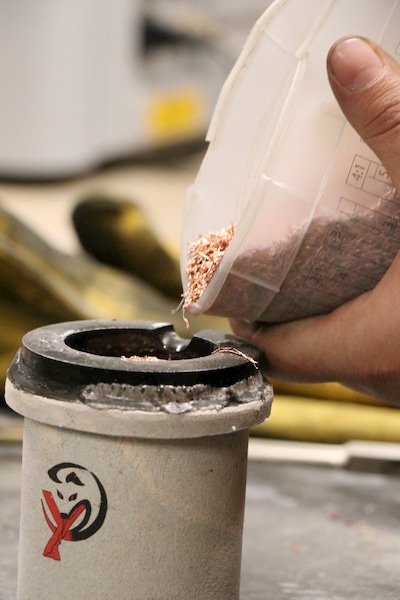
Recycling, on the other hand, is significantly cheaper. You don’t need to produce something entirely new; rather, you’re melting something down that already exists. It costs less to recycle metal than it does to make it from scratch, and thus, it costs less to purchase.
Recycled Materials Reduce Company Risk
It can actually lower your company’s risk – how is that possible?
As we mentioned in the last section, metals are expensive to produce, yet cheaper to purchase when they’re recycled. When companies recycle their metal waste, they ensure a steady supply of metal available to them, which reduces their risk.
Freshly-produced metals represent an element of risk. If they’re not available for purchase, they could slow down your manufacturing process because they could be a vital part of it. Additionally, because their price can fluctuate, you might be paying exorbitant prices for this commodity.
Recycled metals don’t fluctuate wildly. You can rest assured that purchasing recycled metals won’t raise your company’s costs. However, the only way to ensure recycled metals are available on the market is to launch an industrial recycling program at your manufacturing firm.
Use It To Improve Your Company’s Reputation
Another advantage of industrial recycling is that it improves your company’s reputation.
As people realize the importance of taking care of the environment, they want to do business with companies with an environmentally friendly record. They need to know that what you’re doing isn’t going to damage the planet further; instead, you’re actively taking steps to make the world a better place.
When you launch an industrial recycling program, you’re taking a step to transform your manufacturing firm into a business that more people want to work with. You’re showing you care about the planet and you’re taking meaningful action.
Getting Started with an Industrial Recycling Program
How can you reap these benefits to transform your manufacturing company? It starts by contacting an industrial recycler.
The industrial recycling company will discuss your situation and needs, and develop a plan that allows you to maximize the amount of metals you can recycle.
GLE Scrap: Your Industrial Recycling Experts
GLE Scrap are your industrial recycling experts. Our expertise and experience make the industrial recycling process as effortless as possible for your company, so your manufacturing operations can see a true transformation.
Our team offers custom industrial recycling solutions as well as on-site pickup. We follow the highest standards of industrial recycler procedures to ensure all of your materials are processed safely and in an environmentally-conscious manner.
Fill out our Quick Form to request a quote, or call GLE Scrap Metal today at (855) 727-2788 to learn more.

